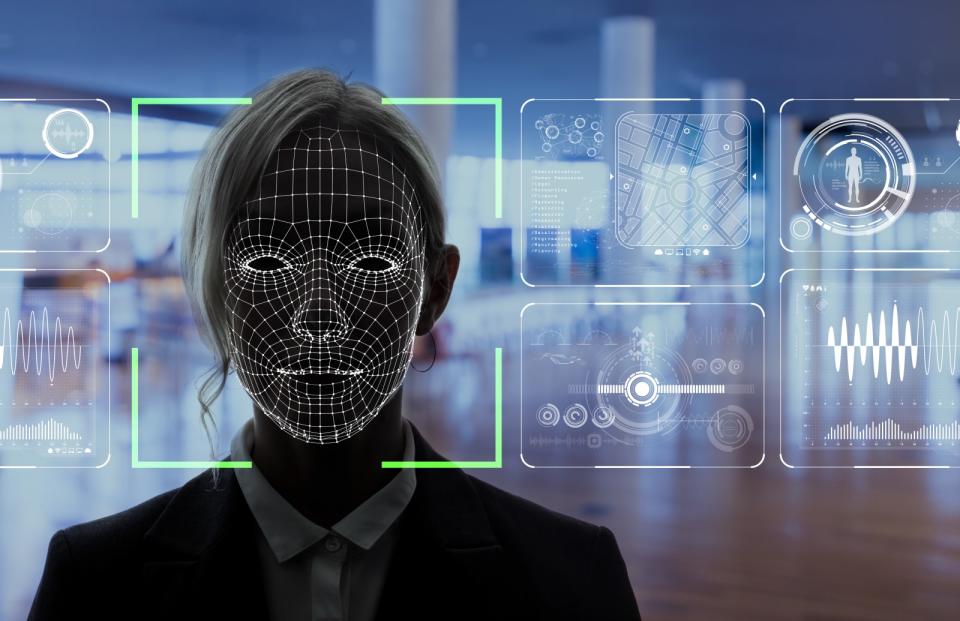Face Recognition Privacy Act aims to protect your identifying info
It will prevent companies from selling your facial recognition data.
US Senators Roy Blunt and Brian Schatz want to protect people's facial recognition data and make it much harder to sell now that information is treated as currency. The lawmakers have introduced the bipartisan Commercial Facial Recognition Privacy Act of 2019, which prohibits companies from collecting and resharing face data for identifying or tracking purposes without people's consent.
The Senators have conjured up the bill because while facial recognition has been used for security and surveillance for decades, it's "now being developed at increasing rates for commercial applications." They argue that a lot of people aren't aware that the technology is being used in public spaces and that companies can collect identifiable info to share or sell to third parties -- similar to how carriers have been selling location data to bounty hunters for years.
In addition to prohibiting companies from redistributing or disseminating data, the bill would also require them to notify customers whenever facial recognition is in use. FR technologies also need to undergo third-party testing prior to implementation to address accuracy and bias issues, seeing as they tend to have higher error rates when it comes to women and people of color. Finally, facial recognition makers and providers need to meet the data security standards set by the Federal Trade Commission and the National Institute of Standards and Technology.
Blunt and Schatz have found a powerful ally in Microsoft, which is now throwing its weight behind the bill. Company President Brad Smith said in a statement:
"Facial recognition technology creates many new benefits for society and should continue to be developed Its use, however, needs to be regulated to protect against acts of bias and discrimination, preserve consumer privacy, and uphold our basic democratic freedoms. Senators Blunt and Schatz's bill has started an important conversation in Congress about the responsible use of this technology. We're encouraged by their efforts, applaud their leadership and look forward to working with them to develop balanced policy."


